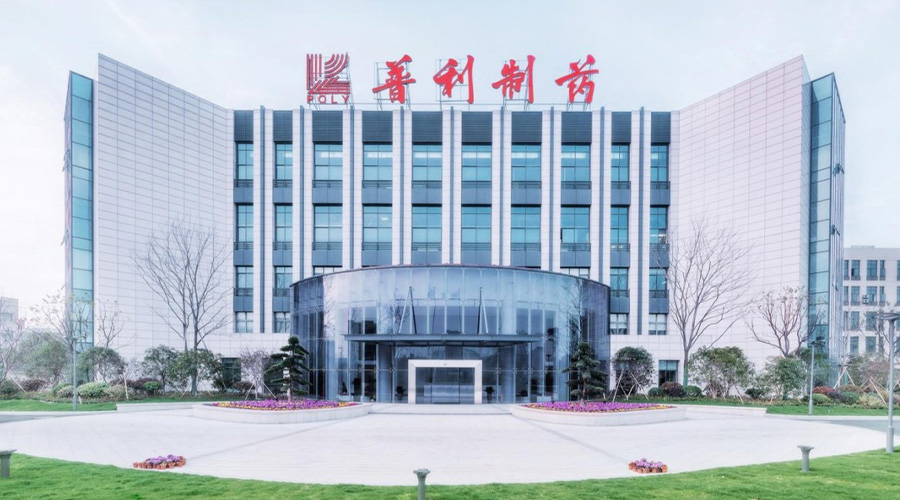What might be the impacts of Arm Holdings plans to cancel Qualcomm chip design license?
According to a Bloomberg News report on 2024.10.22, citing a document, Arm Holdings ADR(NASDAQ:ARM) is terminating an architectural license agreement that permitted its partner Qualcomm Incorporated(NASDAQ:QCOM) to design chips using the British chipmaker's intellectual property. The report stated that Arm has served Qualcomm with a mandatory 60-day notice of the agreement's cancellation, noting that the contract previously enabled Qualcomm to develop its own chips based on Arm's standards.
What impacts will there be if Arm cancels Qualcomm's chip design license?
If Arm cancels Qualcomm's chip design license, it will have a series of far-reaching impacts, which are not limited to Qualcomm itself but may also extend to the entire semiconductor industry and consumer market. Below is a detailed analysis of these impacts:
Impacts on Qualcomm
Limited Product Line: Qualcomm will lose the ability to design its own chips based on Arm's intellectual property, which may result in some products in its product line being unable to continue production or receive updates. In particular, its popular Snapdragon series of processors, without the latest Arm technology support, will face significant obstacles in the development and launch of new products.
Declining Market Share: Qualcomm holds a significant share in the smartphone and other smart device markets. If it cannot continue to provide chips based on the Arm architecture, its market share may be eroded by competitors such as Apple, Huawei, Samsung, and MediaTek.
Financial Losses: Qualcomm sells hundreds of millions of processors annually, which are widely used in smart devices such as Android smartphones. If the license is revoked, Qualcomm may have to stop selling chips designed based on the Arm architecture, significantly impacting its revenue. According to reports, Qualcomm's annual revenue is approximately $39 billion, a significant portion of which comes from the sale of chips designed based on the Arm architecture.
Technological Reconstruction Challenges: To maintain market competitiveness, Qualcomm may need to seek alternative solutions or develop its own architecture. This will require a significant investment of time and resources and face enormous challenges in technological reconstruction.
Impacts on the Semiconductor Industry
Industry Landscape Changes: Arm revoking Qualcomm's license may signal potential significant changes in the semiconductor industry landscape. This may stimulate the rise of other semiconductor companies, especially those that can launch innovative products and maintain good cooperative relationships with Arm.
Supply Chain Adjustments: Qualcomm, as a chip supplier for many device manufacturers, will have a significant impact on its supply chain. Device manufacturers may need to reassess their supply chain strategies, find new chip suppliers, or adjust product designs.
Autonomous and Controllable Technology Thinking: This event has also triggered deeper thinking within the industry about autonomous and controllable chip technology. Companies such as Huawei and MediaTek within the industry may pay more attention to Arm's dynamics, assess potential market risks and coping strategies, and strengthen their autonomous and controllable technology capabilities.
Impacts on the Consumer Market
Limited Product Choices: Qualcomm's chips are widely used in smart devices such as smartphones and tablets. If Qualcomm cannot continue to provide chips based on the Arm architecture, consumers may face limitations when choosing these devices.
Declining Performance and Power Consumption: Qualcomm's Snapdragon series of chips is widely favored for their excellent performance and functionality. Without the latest Arm technology support, newly developed chips may decline in performance and power consumption, affecting consumers' usage experience.
Price Increases: If Qualcomm cannot promptly find alternative solutions or develop its own architecture, its chip supply may become tight, leading to price increases. This will directly affect consumers' purchase costs.
In summary, Arm revoking Qualcomm's chip design license will have far-reaching impacts on Qualcomm, the semiconductor industry, and the consumer market. Qualcomm needs to quickly respond to this challenge by seeking alternative solutions or developing its own architecture to maintain its market competitiveness. Meanwhile, the entire semiconductor industry also needs to pay attention to this dynamic and assess potential market risks and coping strategies.








Comments (0)